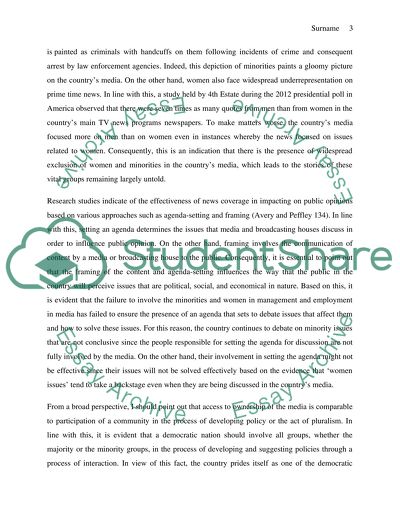Cite this document
(“Why Media Ownership and Diversity Matters Essay”, n.d.)
Why Media Ownership and Diversity Matters Essay. Retrieved from https://studentshare.org/journalism-communication/1473744-why-media-ownership-and-diversity-matters
Why Media Ownership and Diversity Matters Essay. Retrieved from https://studentshare.org/journalism-communication/1473744-why-media-ownership-and-diversity-matters
(Why Media Ownership and Diversity Matters Essay)
Why Media Ownership and Diversity Matters Essay. https://studentshare.org/journalism-communication/1473744-why-media-ownership-and-diversity-matters.
Why Media Ownership and Diversity Matters Essay. https://studentshare.org/journalism-communication/1473744-why-media-ownership-and-diversity-matters.
“Why Media Ownership and Diversity Matters Essay”, n.d. https://studentshare.org/journalism-communication/1473744-why-media-ownership-and-diversity-matters.


